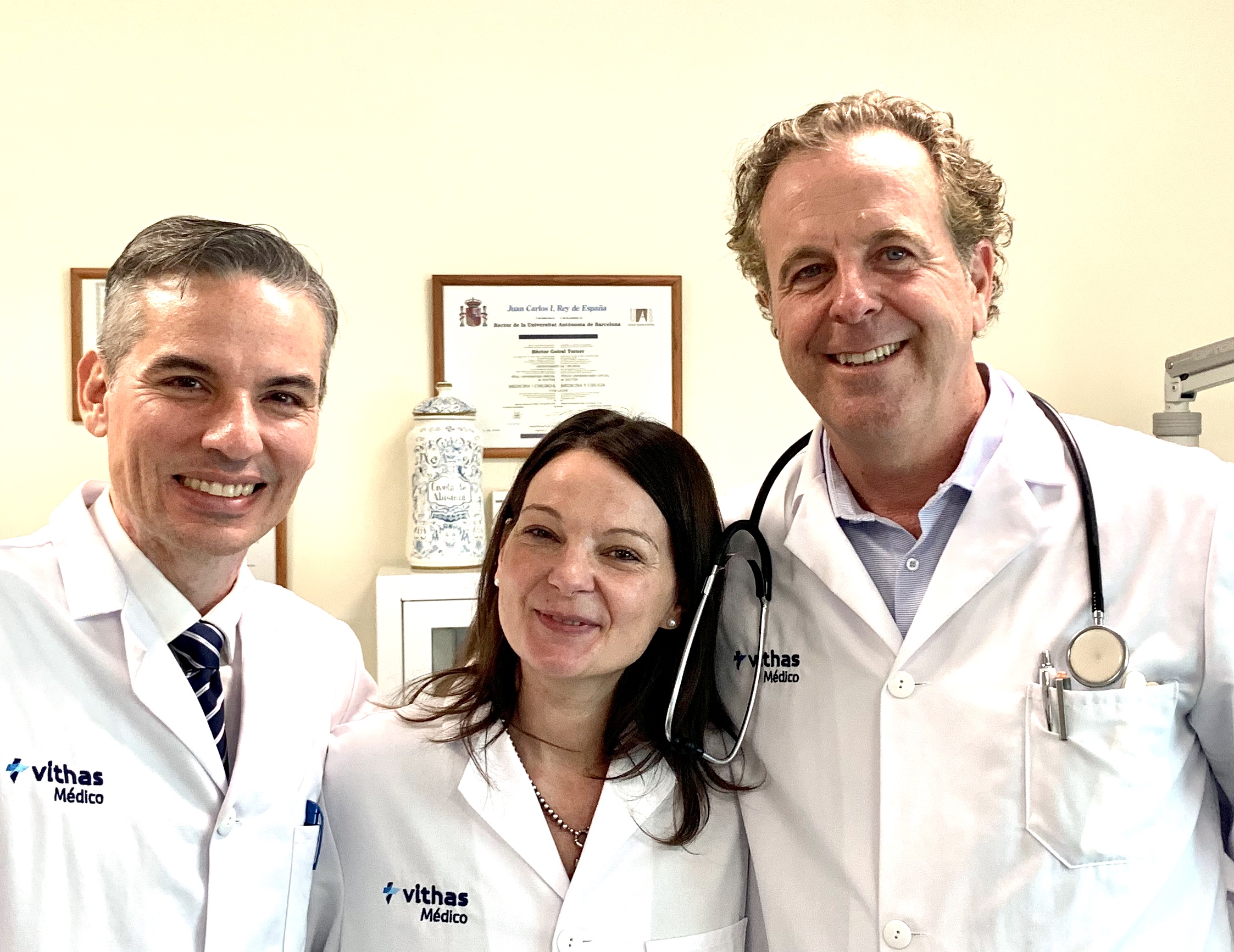

This means that the numbers do not carry other information about healthcare providers, such as the state in which they live or their medical specialty. The NPI is a 10-position, intelligence-free numeric identifier (10-digit number). What is a NPI Number? : The National Provider Identifier (NPI) is a unique identification number for covered health care providers. They are also trained in the essentials of primary care internal medicine, which incorporates an understanding of disease prevention, wellness, substance abuse, mental health and effective treatment of common problems of the eyes, ears, skin, nervous system and reproductive organs. Internists are trained in the diagnosis and treatment of cancer, infections and diseases affecting the heart, blood, kidneys, joints and digestive, respiratory and vascular systems. Provider Business Mailing Address Details:Ī physician who provides long-term, comprehensive care in the office and the hospital, managing both common and complex illness of adolescents, adults and the elderly. Provider Business Practice Location Address Details: Yes - The physician accepts the Medicare-approved amount you will not be billed for any more than the Medicare deductible and coinsurance. Hector Gerardo Amaya Chinchilla participate in Medicare program. Hector Gerardo Amaya Chinchilla graduated from medical school in 2002. You can also correspond with Hector Gerardo Amaya Chinchilla through mail at his mailing address at 1315 E 6th St, Suite 6, Weslaco, Texas - 78596-4200 (mailing address contact number - 95).



His current practice location address is 1315 E 6th St, Suite 6, Weslaco, Texas and he can be reached out via phone at 95 and via fax at 95.
Dr hector amaya license#
The NPI Number for Hector Gerardo Amaya Chinchilla is 1366690588 and he holds a License No.
Dr hector amaya professional#
He practices in Weslaco, Texas and has the professional credentials of M.D. 2010, University of Illinois Press), is a comparative study of film reception of Cuban film, cultural criticism, and citizenship in Cuba and the USA from the 1960s to 1985.Hector Gerardo Amaya Chinchilla is a physician based out of Weslaco, Texas and his medical specialization is Internal Medicine. Amaya’s first book, Screening Cuba: Film Criticism as Political Performance During the Cold War (Sept. In this project, Amaya takes a multidisciplinary approach to citizenship that links contemporary nativism in politics and in media to a nation-centric way of imagining society. citizenship that can better accommodate the lived political and media realities of Latinas/os. His previous book, Citizenship Excess: Latinas/os, Media and the Nation (NYU Press), proposes a new way of theorizing U.S. The book examines how the drug violence in Mexico becomes historicized and made public how it becomes talk, symbols, and meaning how it is memorialized in expressive culture like songs and blogs and how it is embedded in narratives of institutions and practices, which give violence philosophical power, temporality, and specificity. His most recent work, Trafficking: Narcoculture in Mexico and the United States (May 2020, Duke University Press), analyzes the way Mexico’s criminal drug violence and new media technologies structure publicness in Mexico and the United States. He is a past member of the Institute for Advanced Study (IAS) at Princeton, NJ in the School of Social Science, and past Visitor of the Center for Advanced Study in the Behavioral Sciences (CASBS) at Stanford University.Īmaya’s research, writing, and teaching engage with the areas of globalization, Latin American media, comparative media studies, immigration, and Latinas/os media studies. Amaya was a professor of media studies at the University of Virginia and the past Chair of the UVA’s Department of Media Studies. Hector Amaya is a professor of communication in the USC Annenberg School for Communication and Journalism.


 0 kommentar(er)
0 kommentar(er)
